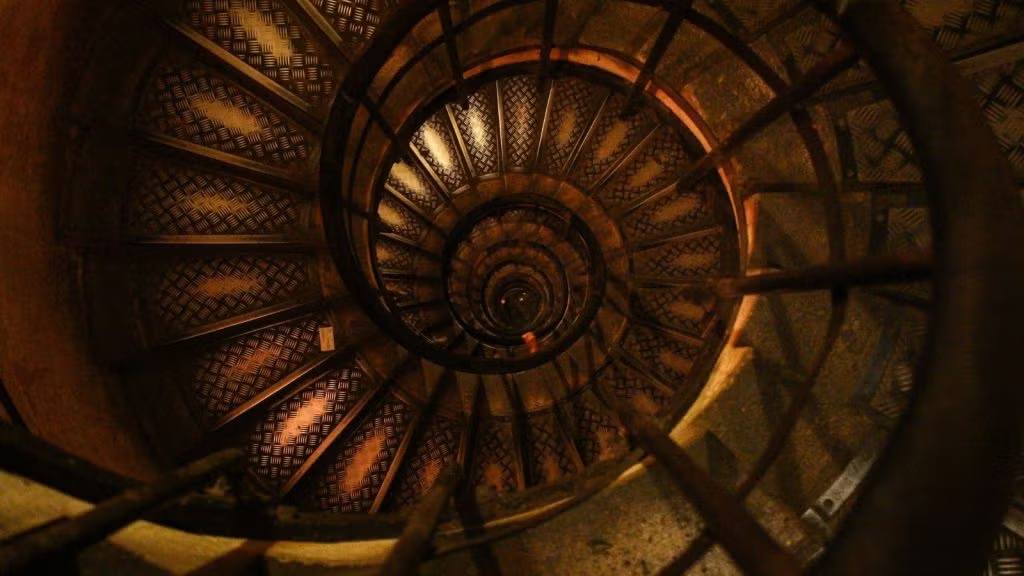For the Fall 2022 special issue of MQR, “Fractured Union: American Democracy on the Brink,” we reached out to a range of esteemed authors to write short essays that respond to Langston Hughes’s poem “Let America Be America Again.”
For more from the special folio, “On Langston Hughes’s ‘Let America Be America Again,'” you can purchase the issue here.
I first read Langston Hughes in 1976, when I was a junior in college. It was then unusual to read poems by a recent American poet in the classroom. This was a course on the Harlem Renaissance that marked me. Looking back from middle age, I see that Hughes and I have some things in common. We were both raised in the South and had lonely childhoods. We were both dreamers who strived to be model students. Our fathers left our mothers to make new lives for themselves. Like me, Hughes was a discreet homosexual with a divided self. His poems were drawn from life, and their sadness is smoothed over by charm, but they have a sting in their tails.
Langston Hughes made up his mind to be a poet when he was in the eighth grade and starting at a new school in Illinois. His classmates were electing officers—president, vice president, sergeant at arms, etc. This was in 1916, and there were only two children who were not white. They weren’t elected officers, but they needed a class poet, and there was an assumption among white people that Negroes (this is how Hughes identified himself) had rhythm and could sing and dance, so he was elected class poet, establishing the direction of his life, though he insisted, “I’m one colored person who can’t carry a tune or dance.”
Any good poem must have rhythm—formal or organic—and “Let America Be America Again” proceeds with rhyming (abab) quatrains and strict pentameter couplets that move toward freedom at the poem’s finish. As a boy, Hughes attended Methodist churches in the towns where he lived and knew well the melodious folk spirituals that we can hear inflected in his poems. His ardent rhymes remind us that we are in a place where language is to be accepted as art.
One of the functions of poetry is to connect us with one another and to explain ourselves. In his poems, Hughes is man and woman, honest and errant, middle-class and poor, bookish and illiterate. I am not sure he would approve of our contemporary ideas of appropriation. His accessible poems are about working-class people trying to get ahead in a “dog eat dog” world. If empathy is our most important human characteristic, it is the feeling I take away from “Let America Be America Again,” which speaks for poor whites, Negroes, “red men,” farmers, immigrants (Irish, Polish, and English), and descendants of those “torn from Black Africa.”
Empathy can be difficult for poets who are like orphans in a culture where we must always have our hands out. It can be impossible to believe that we are siblings with those who think of nothing but profit and gain, or youth and beauty, of grifting and land grab. I still remember the segregated South. I never took a raft trip on a river, like Abraham Lincoln, or witnessed a slave auction, but the words Emancipation Proclamation seize my heart and remain darkly beautiful, essentially American, things.
—Paris, 2022
Watch Henri Cole read “My Langston Hughes” at out Virtual Launch Reading.
For more from the Fall 2022 special issue of MQR, “Fractured Union: American Democracy on the Brink,” you can purchase the issue here.





